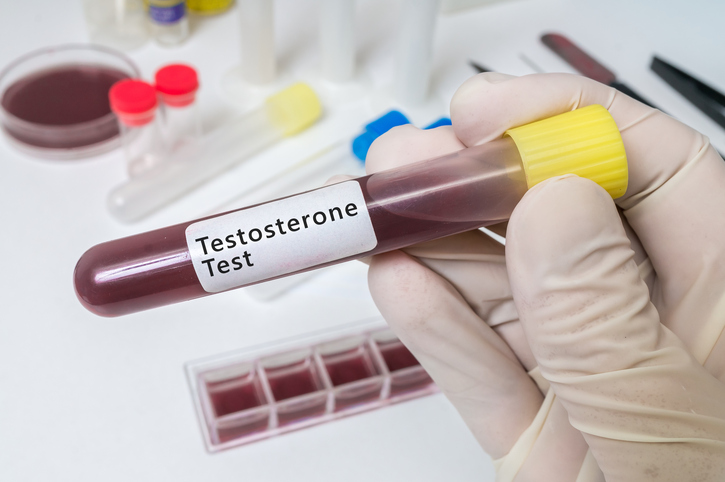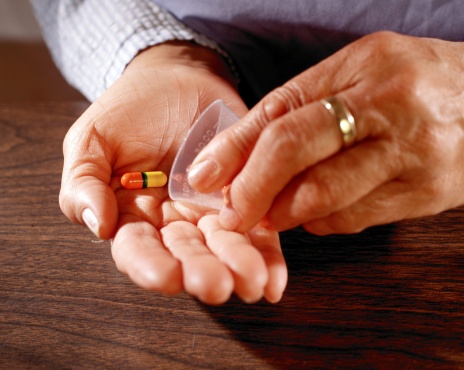Testosterone may be linked to hardening of blood vessels associated with heart disease: Study
Testosterone may be linked to hardening of blood vessels associated with heart disease. Some men have a greater risk of heart attacks than others, and testosterone may be a contributing factor. The researchers studied testosterone levels in the blood of mice and found that it triggers cells from the blood vessels to produce bone-like deposits. ...click here to read more














